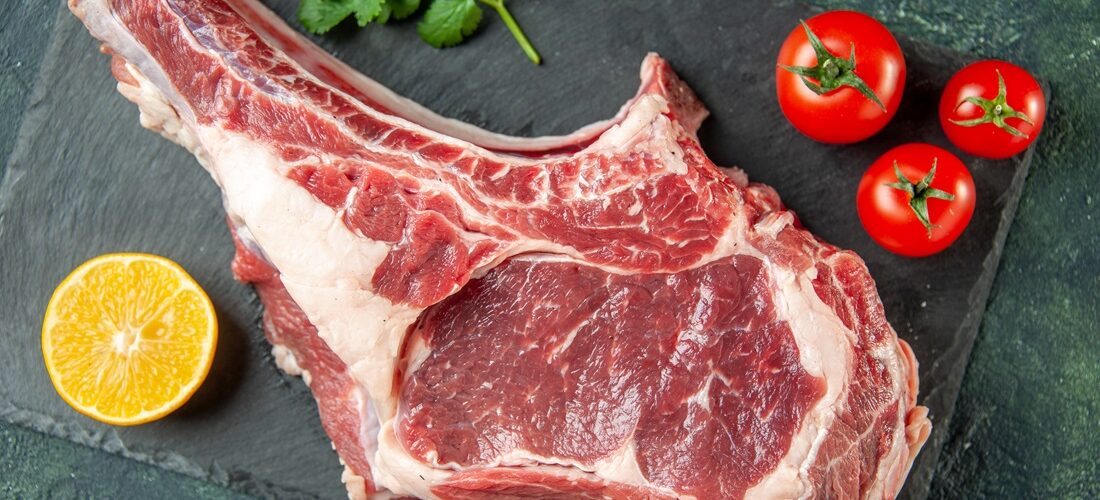
Chinese consumers willing to pay more for deforestation-free meat
May, 03, 2024 Posted by Gabriel MalheirosWeek 202417
At a time when China is increasing the number of Brazilian slaughterhouses authorized to sell beef to the country, a survey conducted in Beijing and Shanghai reveals that some Chinese consumers are willing to pay more for the product, provided it is not linked to deforestation in the Amazon.
The research, a collaboration between the Chinese Academy of Social Sciences and FGV Agro of the Getulio Vargas Foundation, is supported by the American NGO The Nature Conservancy. Despite the small sample size of consumers who buy Brazilian beef in China—only 720 were interviewed in the country’s two largest cities—the results surprised researchers. On average, respondents indicated they would pay 22.5% more than the current price for Brazilian meat if it came with assurances that it was sourced from cattle raised in zero-deforestation areas. Currently, a kilo (about 2.2 pounds) of tenderloin reaches Chinese consumers at prices ranging from about $40 to $70.
Last year, Brazilian beef exports totaled $5.73 billion—almost 1.2 million tonnes. Brazil accounts for about 60% of the beef imported by China, which is Brazil’s largest beef importer. In March, China authorized 38 more Brazilian meatpacking plants to supply its market, most of them beef producers. This increases the total number of Brazilian meat plants (beef, poultry, and pork) authorized to sell to China to 144.
Kevin Chen, a Chinese academic and member of Zhejiang University, suggests that deforestation-free Brazilian meat could potentially be sold in Chinese markets with a seal confirming its traceability. Mr. Chen is in Brazil this week for meetings and to present details of the research at an event in São Paulo on Tuesday (30).
Eduardo Assad, a researcher at FGV Agro, notes that Brazil’s meat industry has made strides in traceability. However, there remains a segment of producers who place less emphasis on sustainability, arguing that there will always be consumers who disregard this issue when purchasing. Mr. Assad believes that the survey of Chinese consumers supports a stance he has advocated for years: “It’s not going to be the government [that pushes for change in production methods], nor a regulatory body. It’s going to be the market. This is already happening, albeit on a small scale, but it will explode when China agrees to pay more for sustainable meat.”
Discussing the idea of a future label, Mr. Chen cautions against appearing naive: “I’m not saying that a label of this kind will solve all the problems,” he remarked. However, he adds that there is a possibility that Chinese consumers would agree to pay extra to ensure they are not contributing to deforestation on the other side of the world. “Research shows that this is feasible. Both the industry and the government need to take note of this.”
Mr. Chen is an influential voice in the Chinese government on issues related to sustainability and food. And there is a marked difference between the path he is proposing in China and that adopted by the European Union. The Europeans have approved rules that will prevent several products from entering the bloc if they don’t get the green light from a control and auditing system.
“We don’t want a future seal system to be mandatory. We want it to be voluntary. When it’s mandatory, whether it’s a good policy or not, it becomes a controversial issue. If it’s voluntary, we let the market decide,” said Mr. Chen.
Fernando Sampaio, Sustainability Director of the Brazilian Meat Industries Association (ABIEC), says that the country has the potential to produce more in smaller areas and that the market is the driving force to increase this efficiency.
Regarding deforestation, the ABIEC is talking about the need for more control measures on the part of the state as well as the private sector. One of the weak links in the country’s meat chain continues to be indirect animal suppliers. These are farmers who don’t sell cattle to meatpackers but who supply animals to farms that have contracts with the industry. “The issue is that we don’t have any information about these indirect suppliers,” explained Mr. Sampaio.
Despite the results of the survey, Mr. Chen says that today, consumers and importers in China don’t consider it a problem that they don’t have enough information about meat traceability. “At the moment, it’s not [an issue for consumers]. But it will be in the future. For a few reasons: one is that the international community is paying attention to the issue of deforestation and so is China, which imports a lot of products from Brazil. This has become an important concern.”
-
Steel and Aluminium
Sep, 22, 2021
0
Alcoa resumes aluminum production in Brazil
-
Other Logistics
Apr, 08, 2022
0
CMA CGM buys GEFCO
-
Grains
Aug, 21, 2023
0
Ukraine and Romania sign deal to cooperate on grain exports
-
Dec, 08, 2021
0
Argentine stock exchange estimates wheat crop at 22.1m tons



